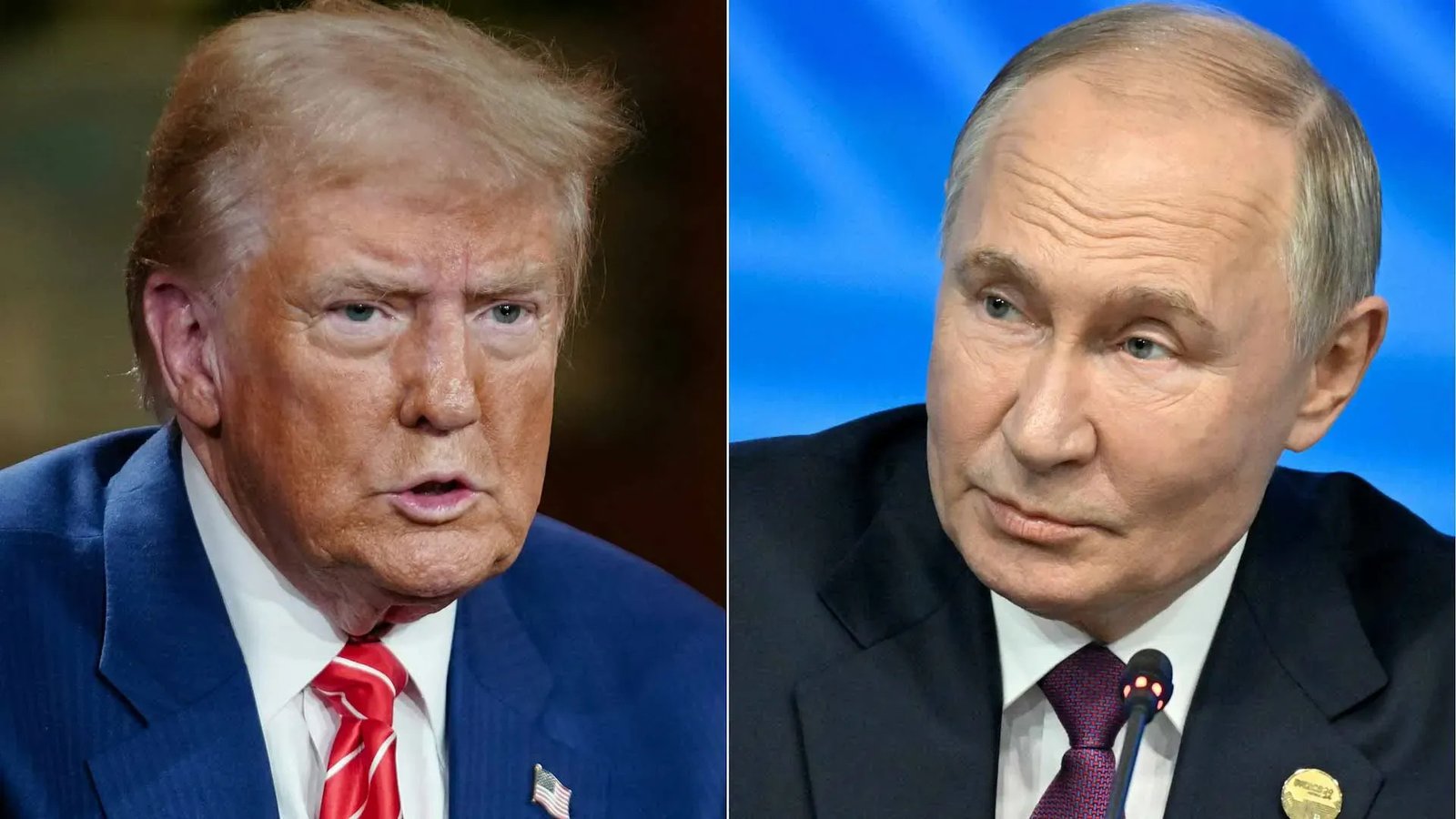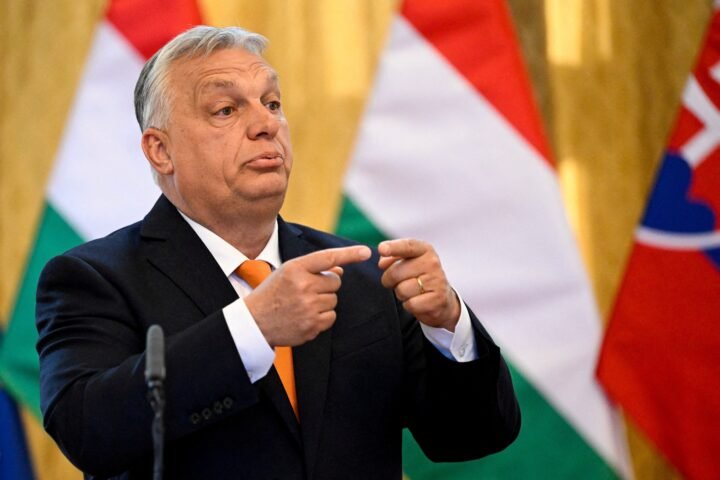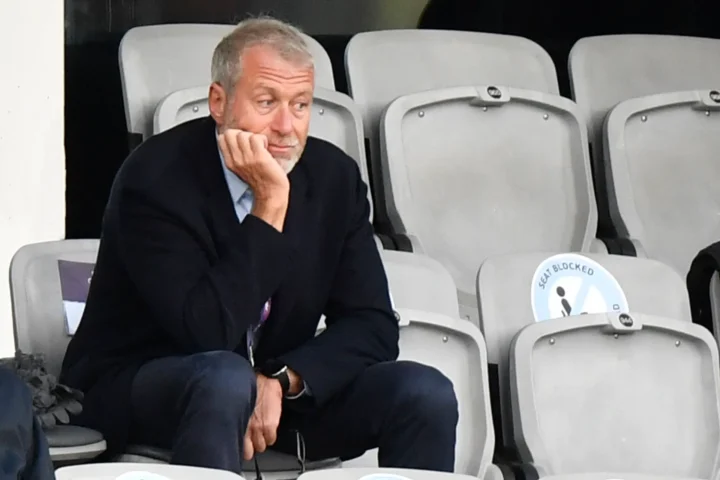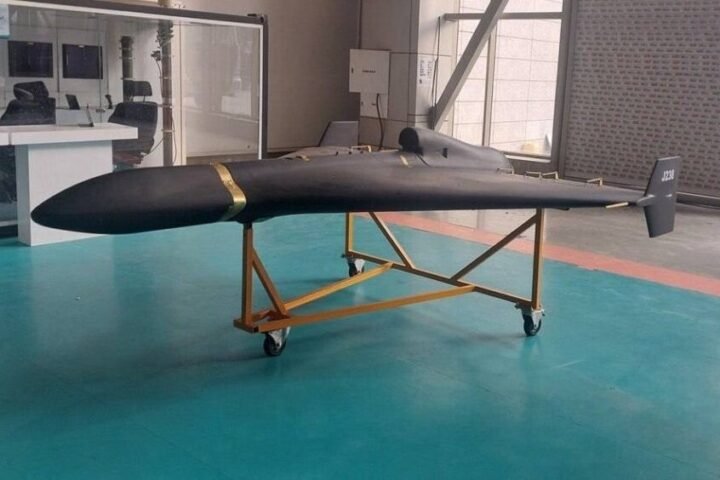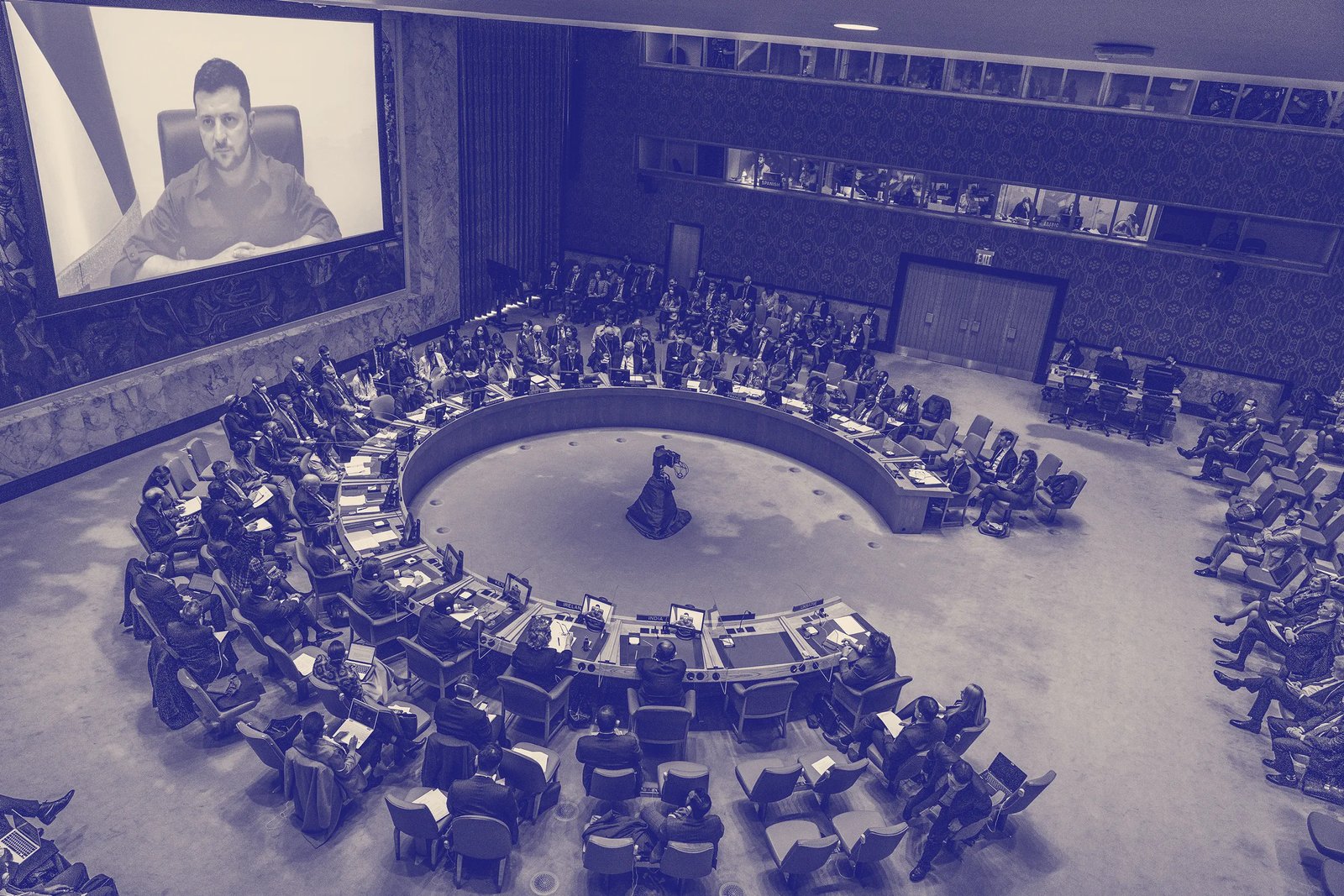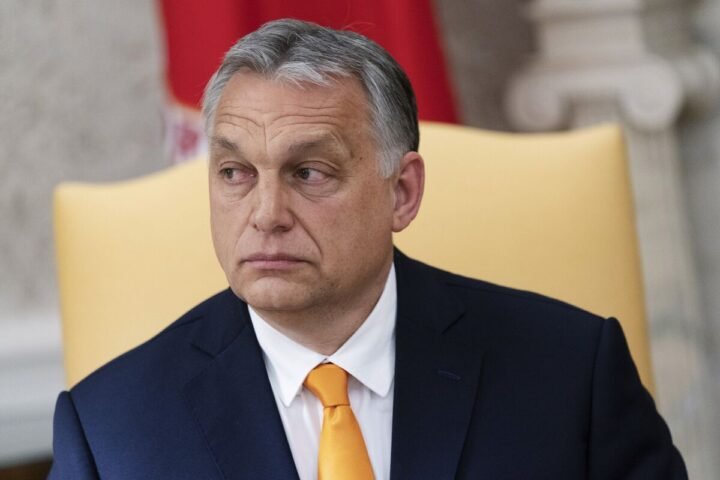U.S. President Donald Trump issued a sharply reduced ultimatum to Russian President Vladimir Putin during a meeting with UK Prime Minister Keir Starmer in Scotland. Speaking after bilateral talks, Trump declared that his earlier 50-day deadline for Russia to agree to a ceasefire in Ukraine was now shortened to 10–12 days, signaling a marked escalation in Washington’s pressure campaign. “I’m no longer interested in talking,” Trump stated bluntly when asked about potential contact with Putin.
Trump’s remarks, delivered with uncharacteristic clarity, came amid heightened global tensions and growing speculation about U.S. readiness to impose a sweeping new wave of sanctions. While the American president offered no specific details on what actions might follow if Moscow ignores the deadline, the message was unmistakable: the countdown to forced escalation has begun.
U.S. prepares for full-spectrum pressure as Europe steps aside
The shift in tone follows what insiders describe as Trump’s decisive pivot away from European mediation efforts. With Brussels “prematurely capitulating” to Washington’s terms, as some observers have described it, the U.S. administration now sees an open path to dealing with the Kremlin directly — and forcefully. European allies, having already committed nearly €700 billion for U.S. energy imports and an additional €600 billion for American-made arms, are now firmly embedded in the transatlantic strategy to neutralize Russia’s regional ambitions.
This economic interdependence is not only viewed in Washington as a deterrent to further Russian expansionism in the Baltics and beyond, but also as a buffer insulating the Western alliance from Kremlin retaliation. According to Trump-aligned analysts, these financial commitments represent “the most reliable insurance policy” against renewed Russian offensives.
New sanctions mix could paralyze Russia’s global access
Though Trump refrained from announcing concrete punitive measures, administration officials hint at an impending rollout of a “unique combination” of primary and secondary sanctions that would significantly disrupt Russia’s energy exports and access to global markets. The president’s cryptic reference to this undeclared sanctions package has fueled speculation about an aggressive new strategy targeting third-party buyers of Russian oil and gas — effectively weaponizing global trade routes.
While Moscow has previously dismissed such threats as rhetorical posturing, the White House appears confident that technical capabilities exist to enforce these measures. The recent cyberattack on Russia’s flagship airline Aeroflot, which paralyzed booking and communications systems nationwide, was widely interpreted as a demonstration of U.S. cyber reach. Though no official attribution was made, the timing of the hack — coinciding with Trump’s statement — suggests deliberate signaling.
Putin offered a way out, now reduced to geopolitical bystander
Just days earlier, Trump was said to have proposed what Russian insiders described as “extraordinarily generous terms” for ending the war — terms that would have allowed Putin to claim a partial victory and avoid further isolation. Those offers are now off the table.
“Russia is no longer a participant in diplomacy — it’s the target of it,” one Western diplomat noted, adding that Trump’s tone reflects growing U.S. confidence in its ability to shift global alignment away from Moscow. Without a ceasefire in place by mid-August, Russia could face a cascade of punitive actions: 100% tariffs, market blacklisting, full diplomatic isolation, and — crucially — a permanent relegation to a junior role under Chinese economic dominance.
The Kremlin’s options are narrowing. In this moment of high-stakes brinkmanship, the question is no longer whether Russia can withstand Western pressure — but whether it can survive its consequences.
